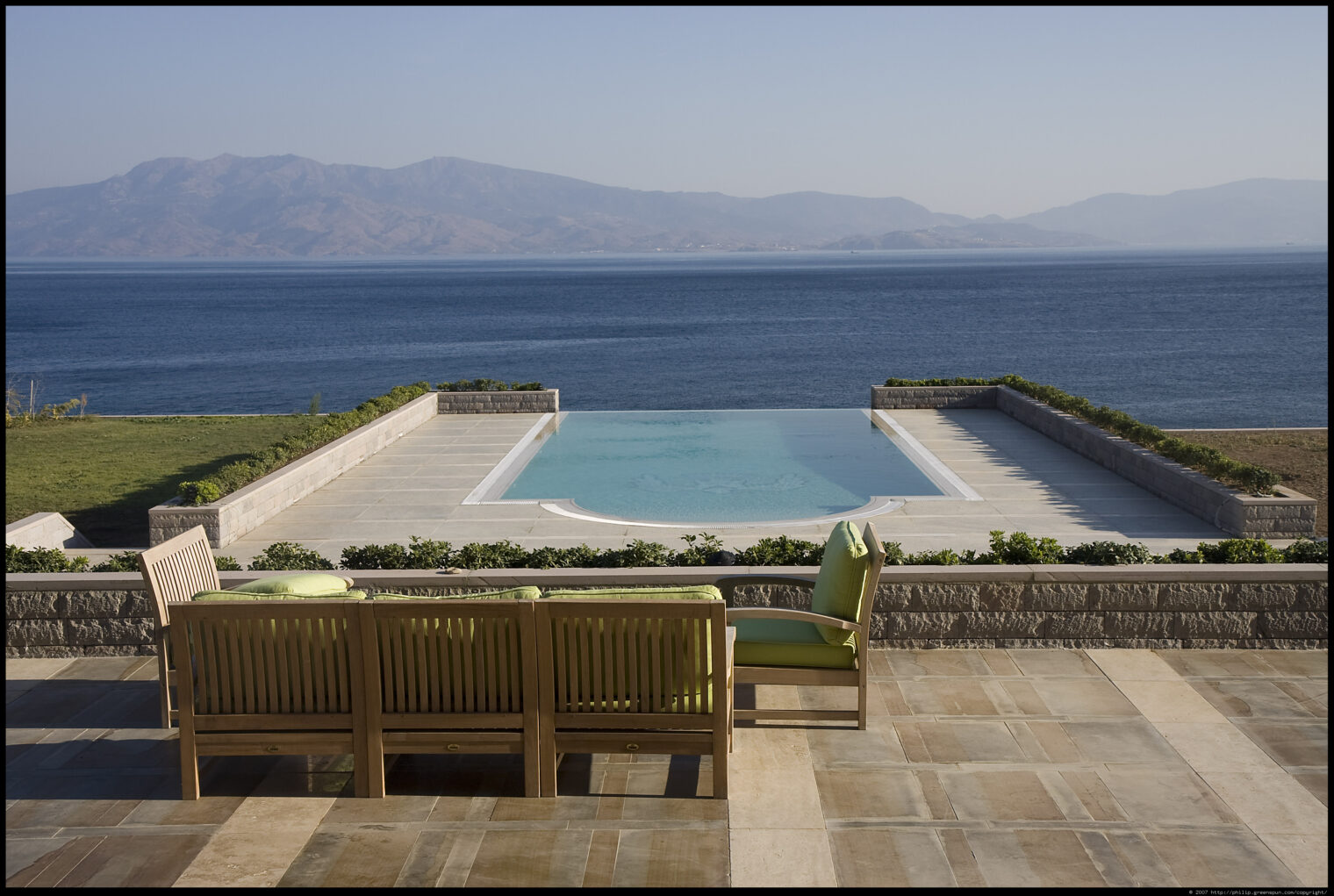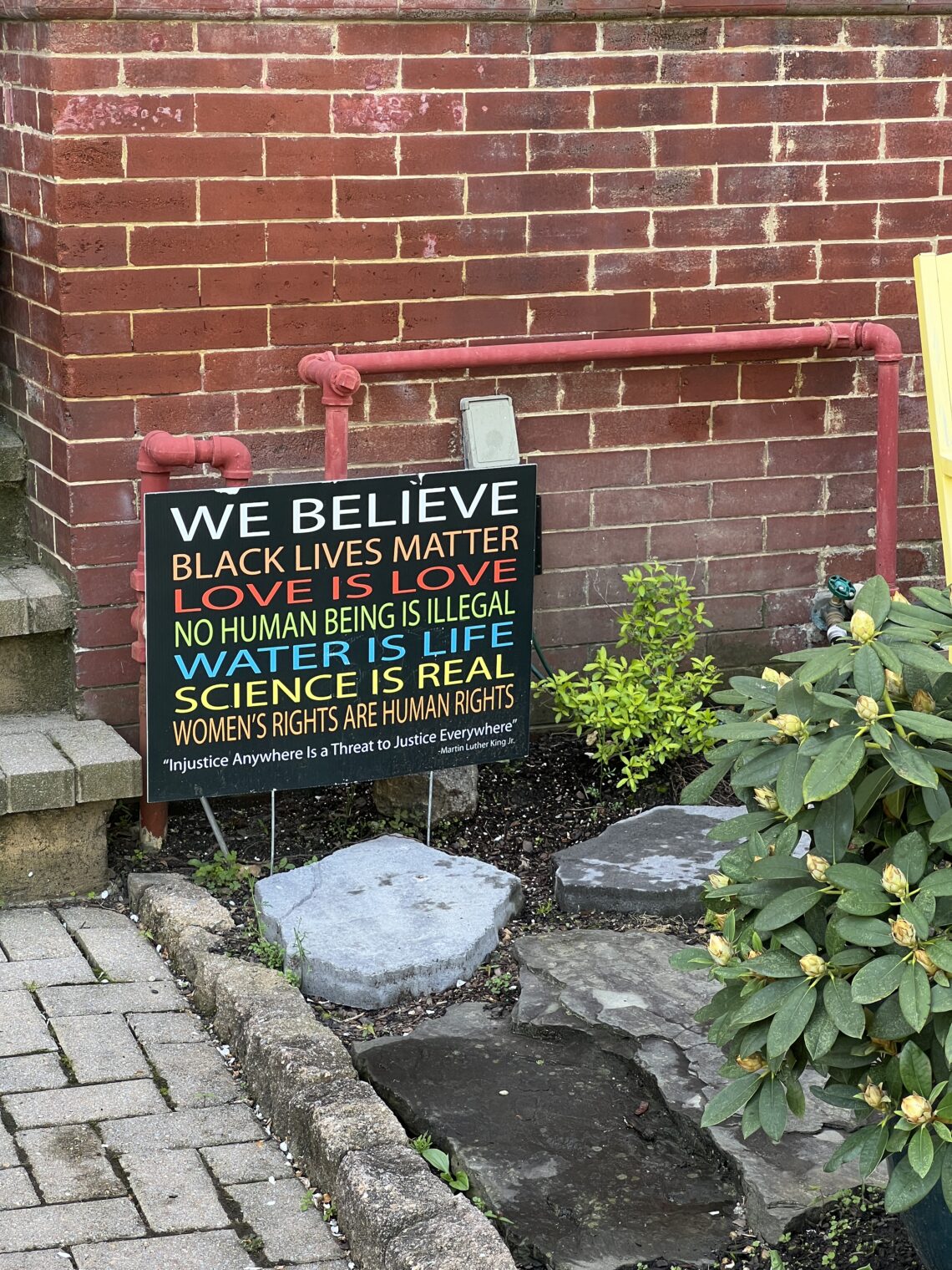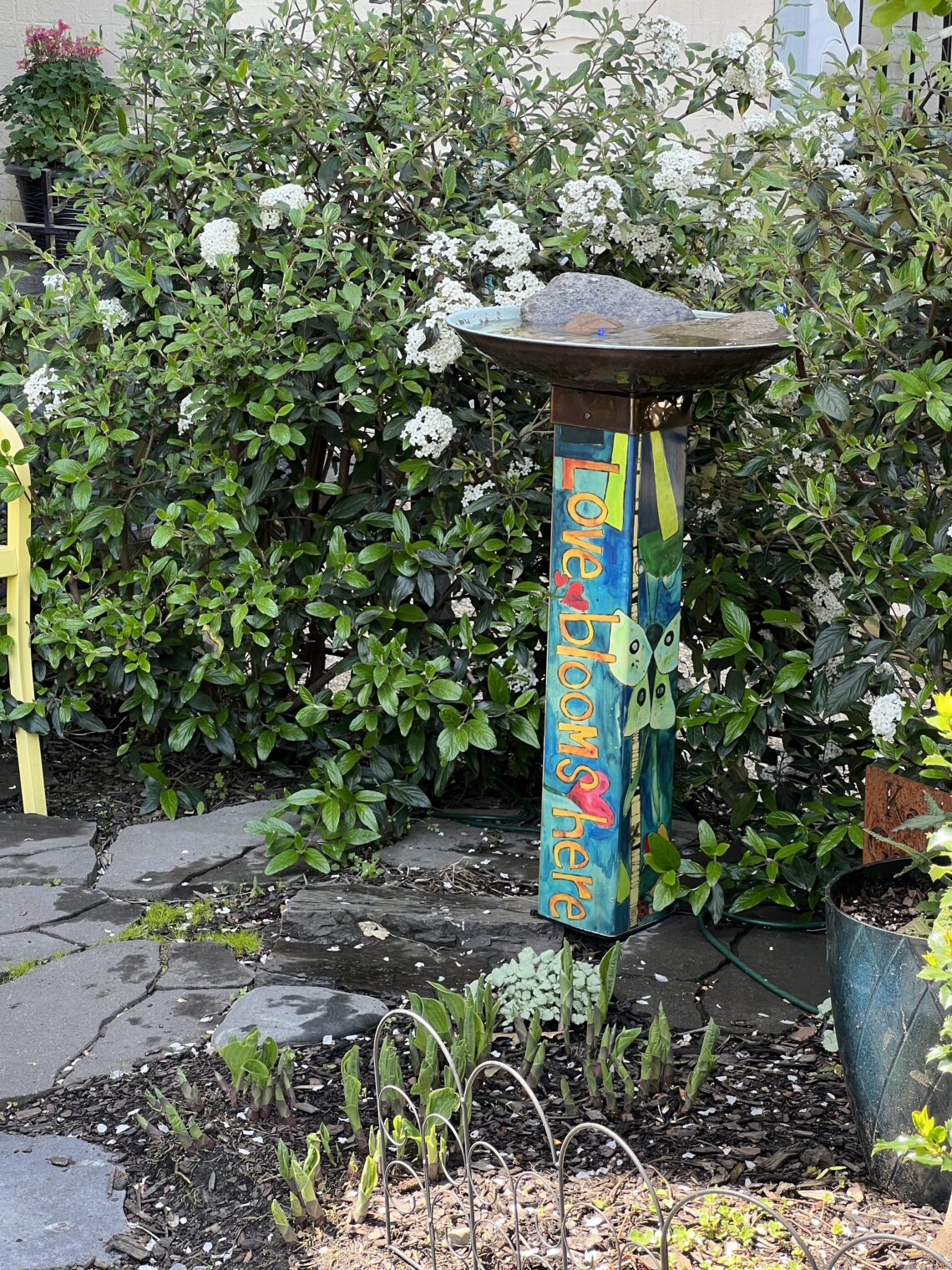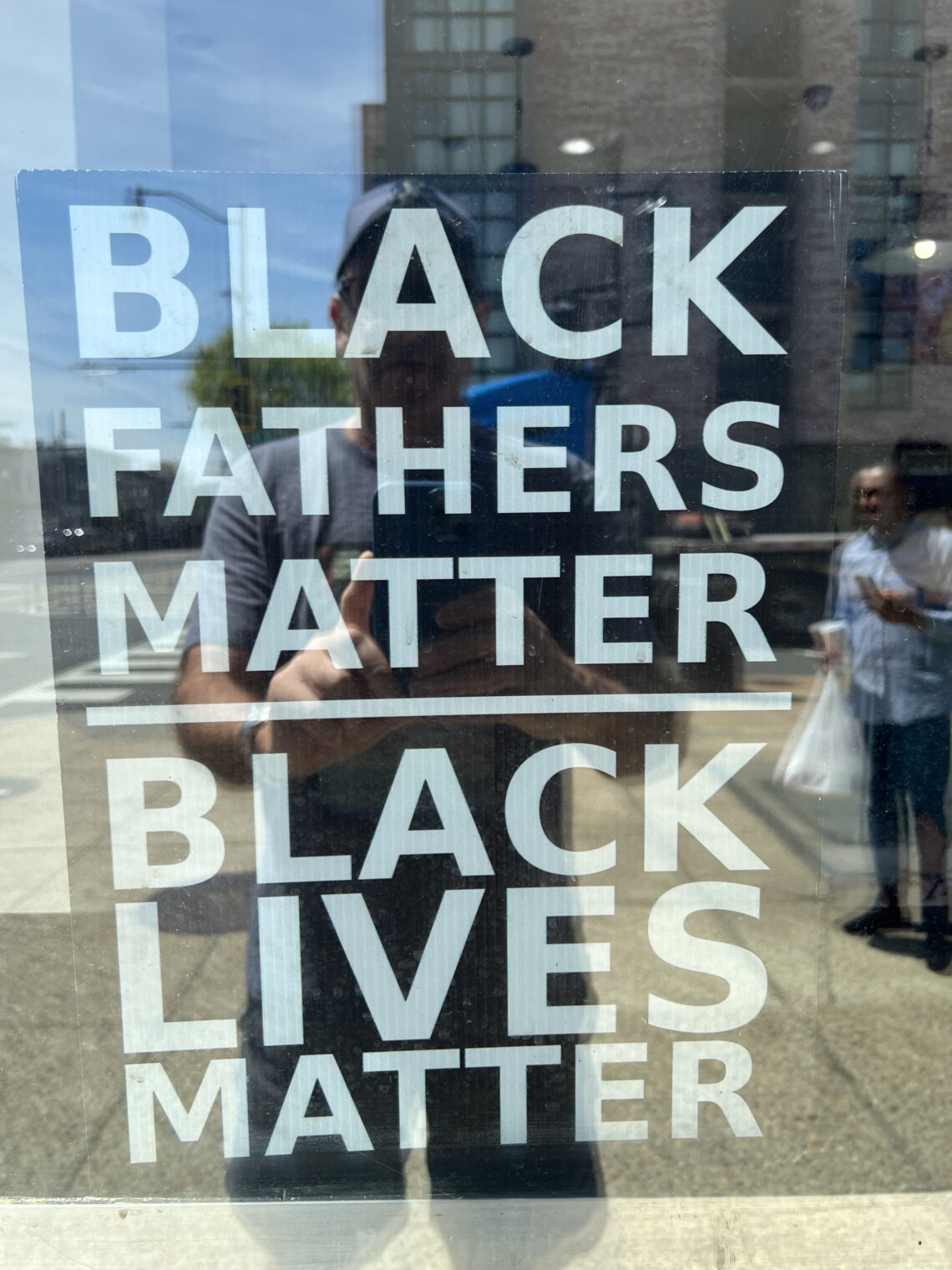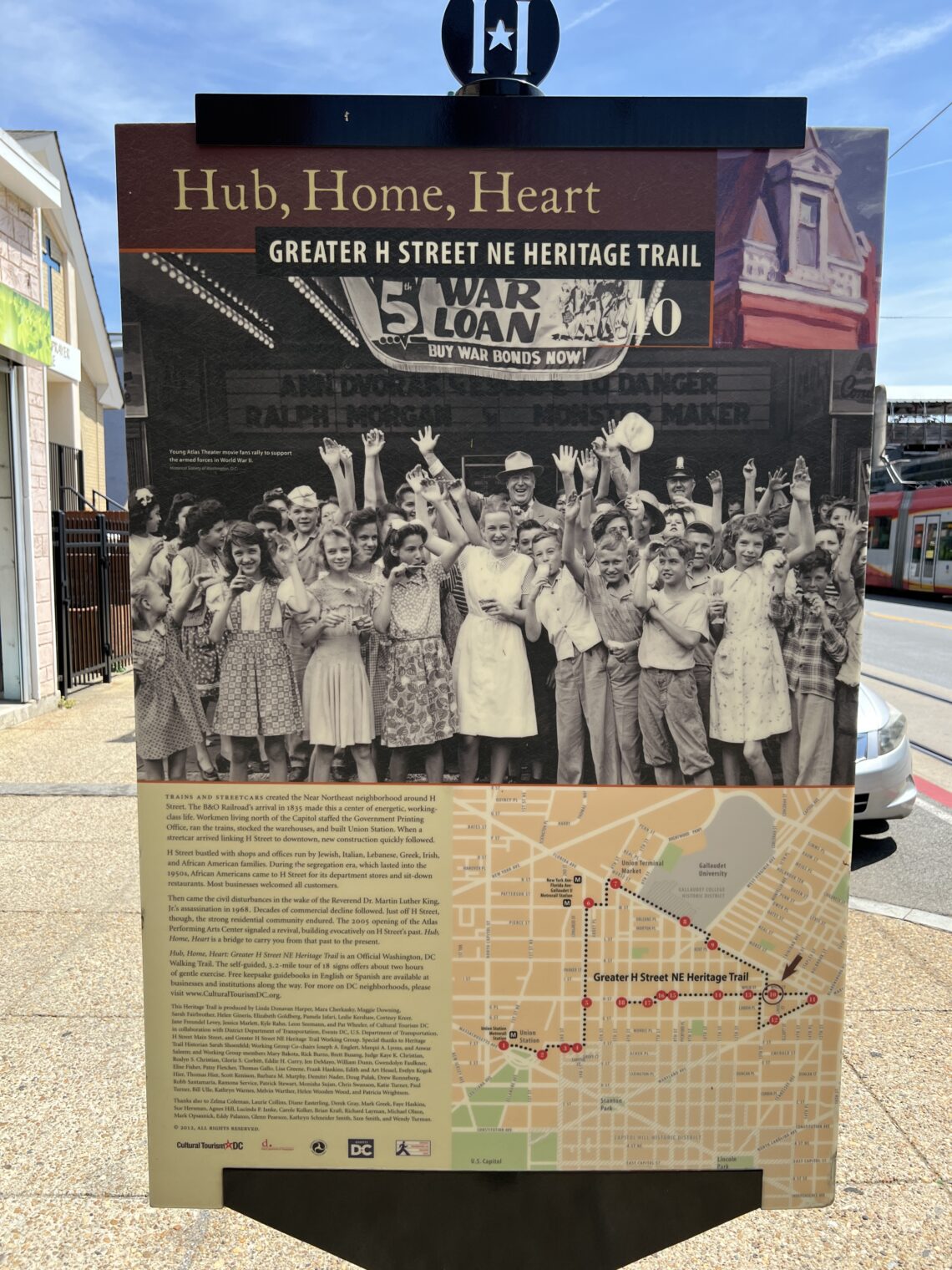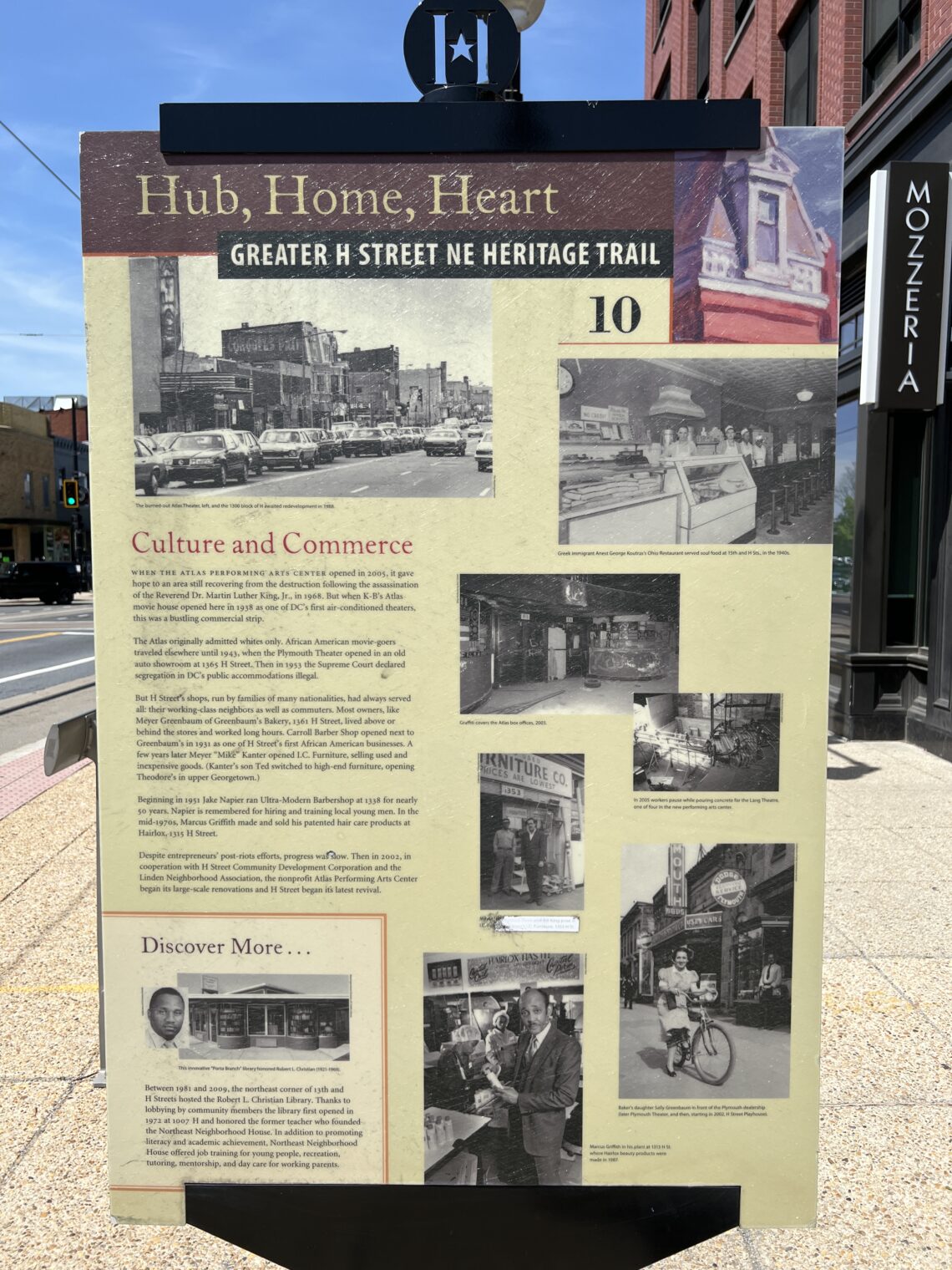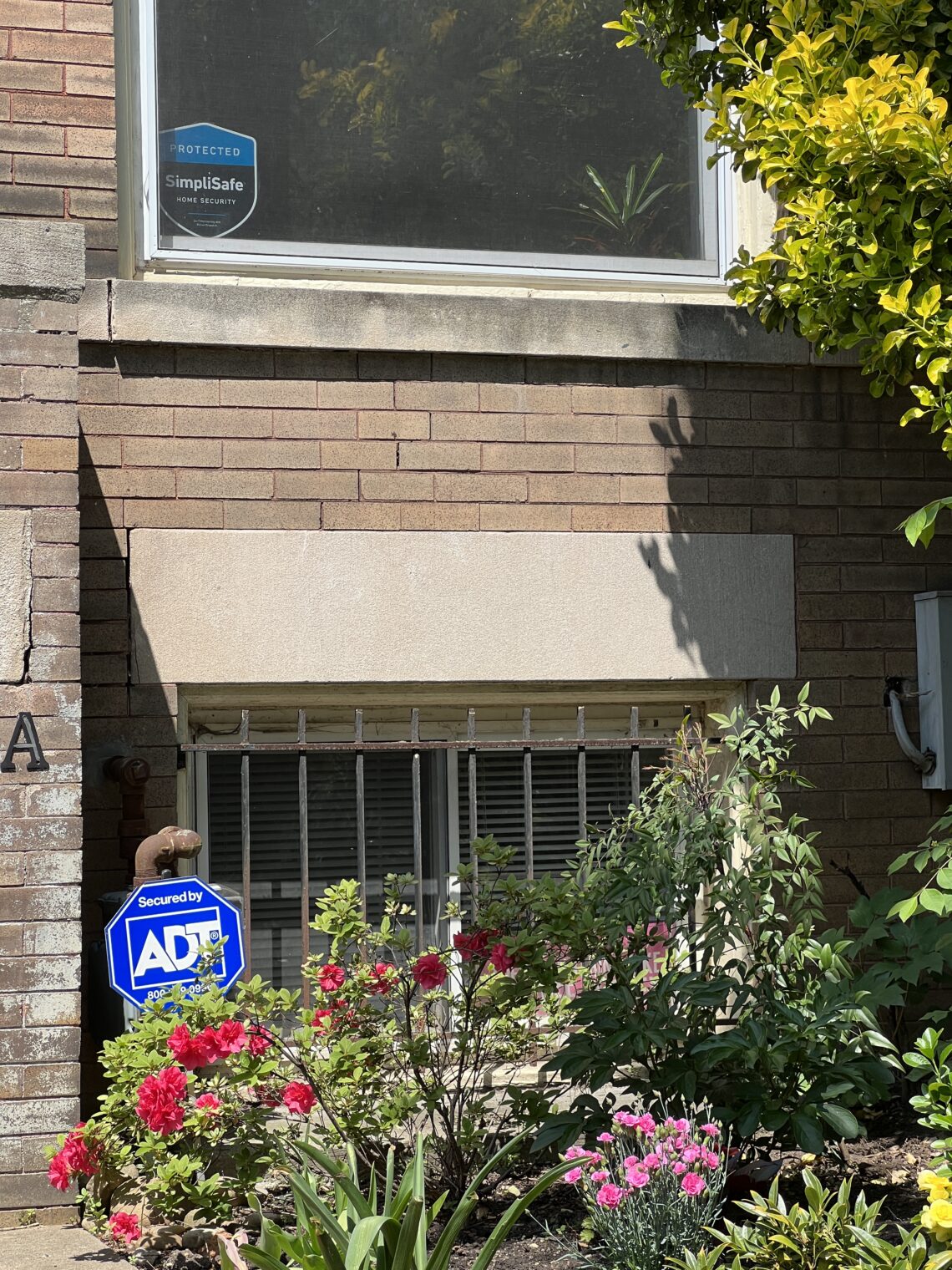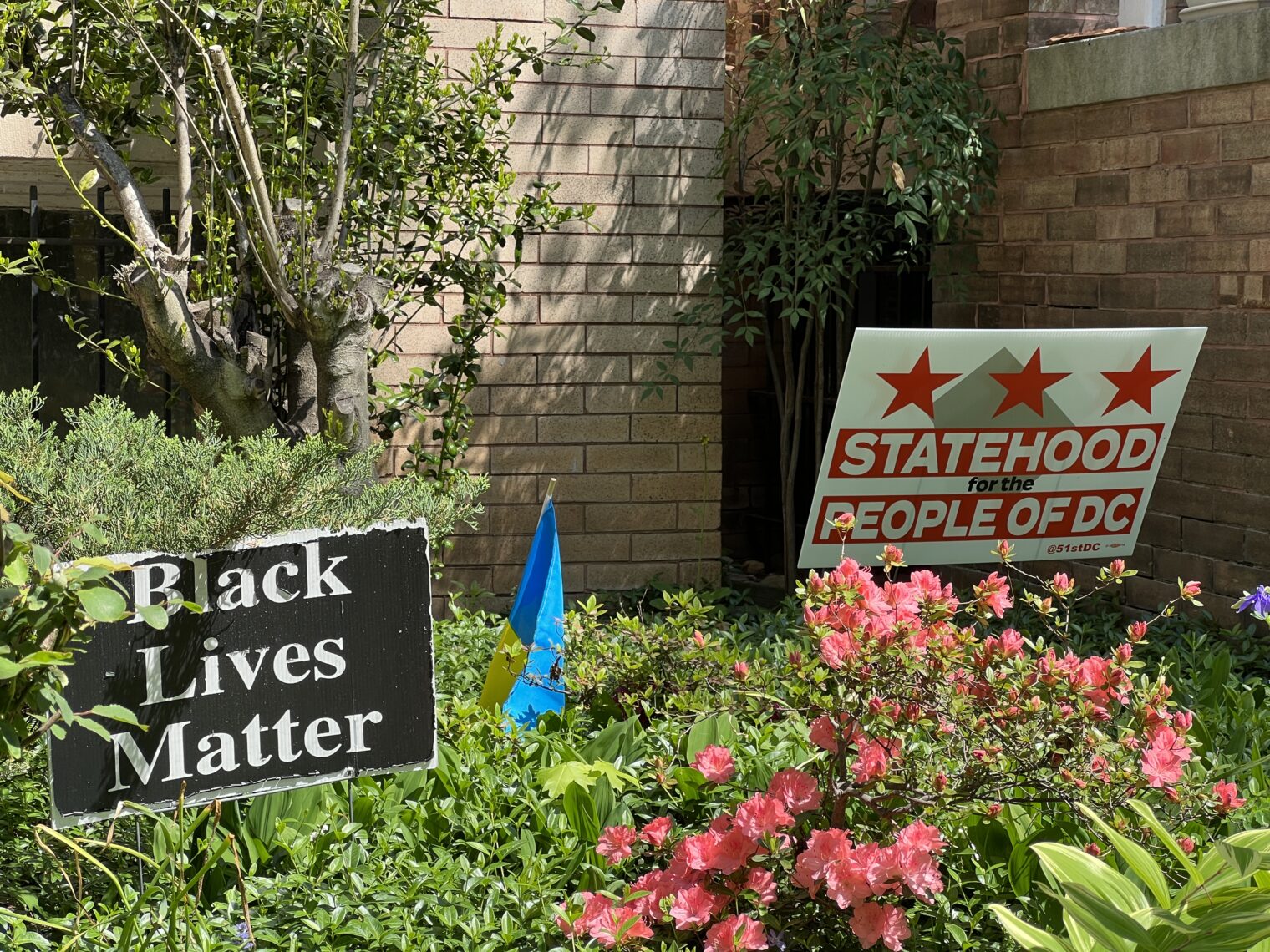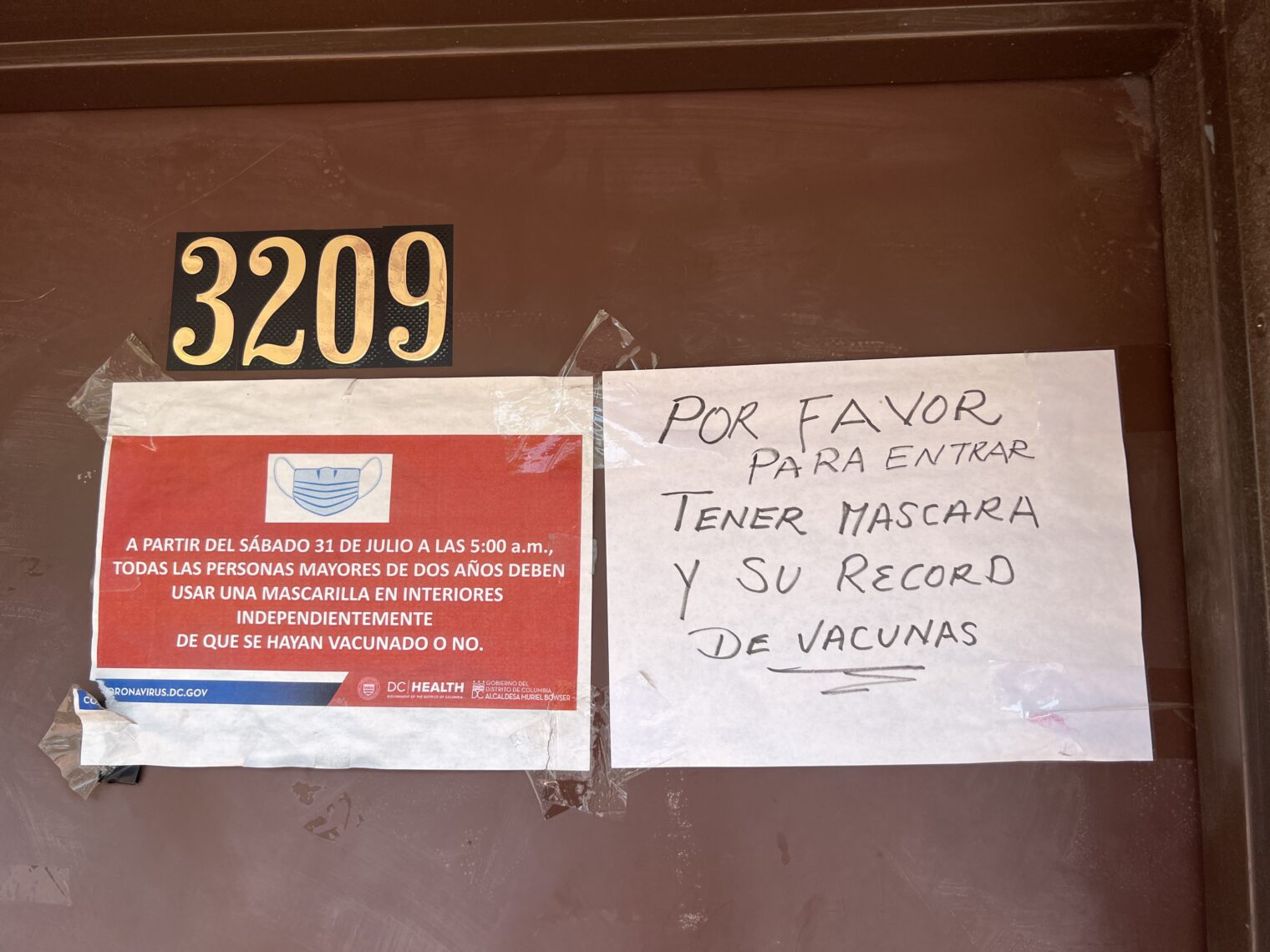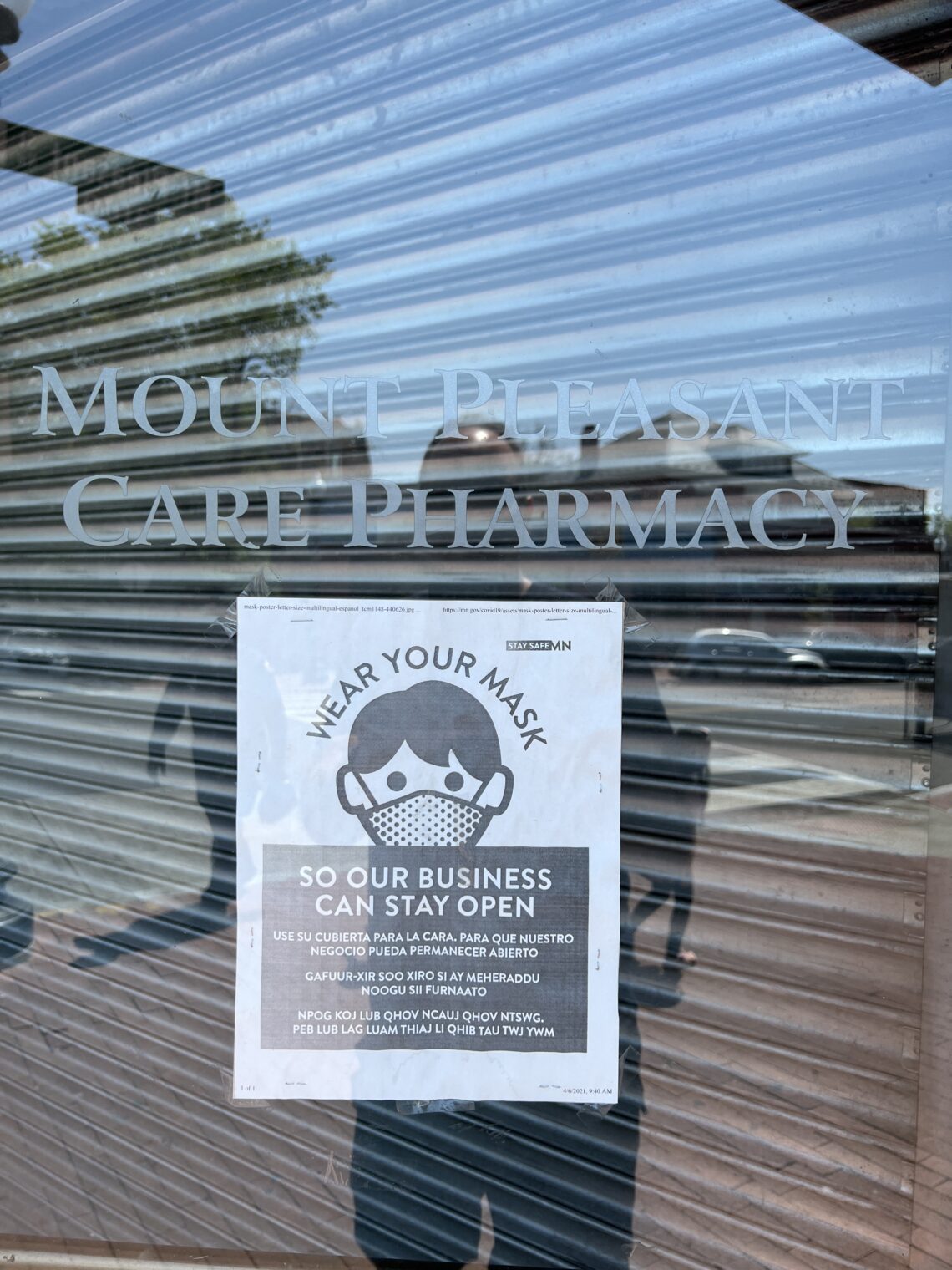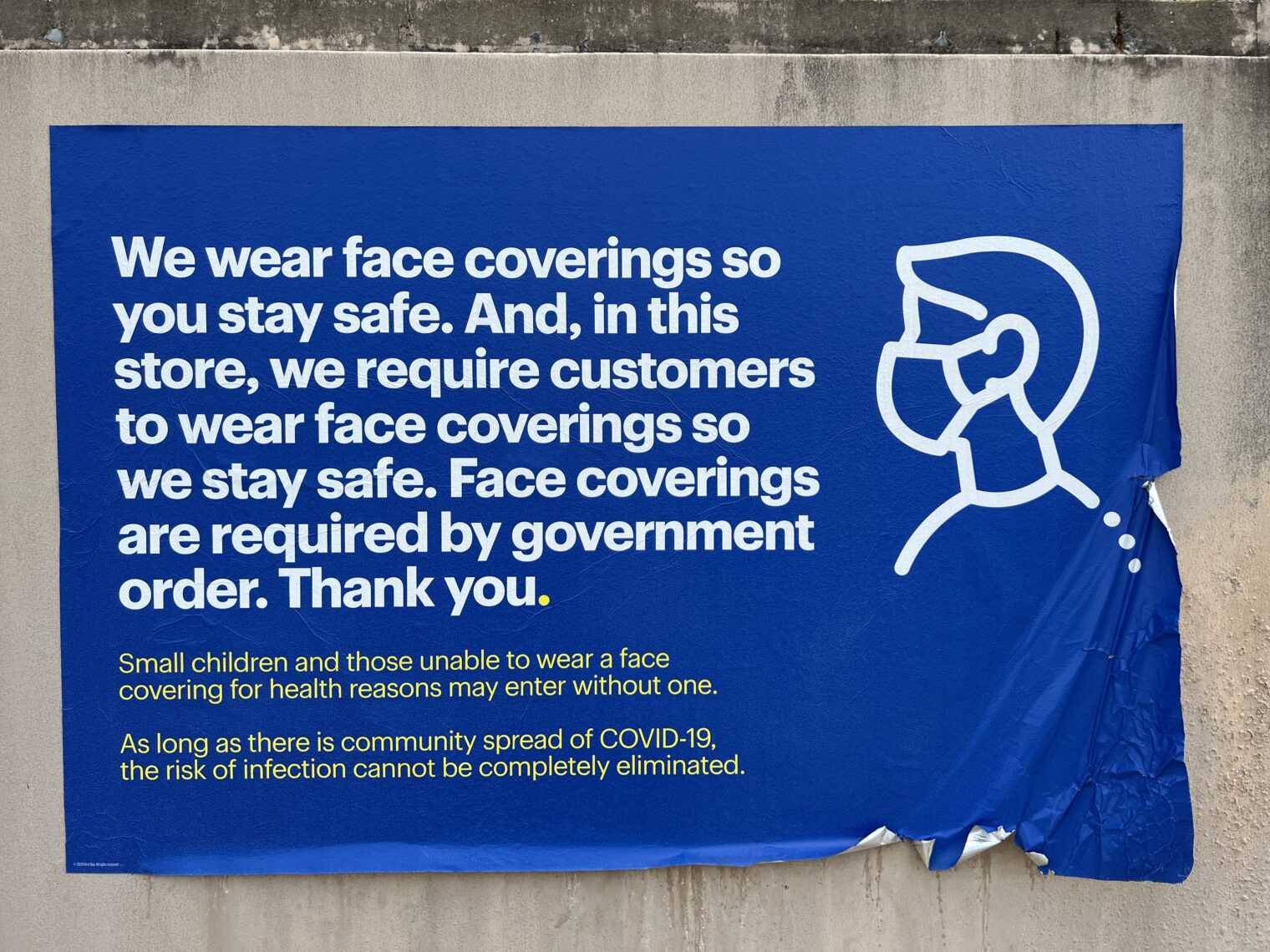Comparisons of the current U.S. system of transferism to “Communism” don’t make sense to me. In the Soviet Union under “Communism” everyone had to work, the very opposite of the American system in which tens of millions of able-bodied people are relieved of the need to work either by having sex with an already married person (“child support”), a quickie marriage to a high-income person (“alimony” and/or “Amber Heard”), or via taxpayer-funded housing, taxpayer-funded health care (Medicaid), taxpayer-funded food (SNAP/EBT), taxpayer-funded smartphone (Obamaphone), and, recently added, taxpayer-funded broadband for the Xbox. Any non-disabled adult in the Soviet Union who tried to sit at home collecting child support, alimony, or government-provided services would have been labeled a “parasite” and subject to a range of punishments.
But a signature feature of the Soviet system seems to be becoming more widespread in the U.S.: the communal apartment. “Their Solution to the Housing Crisis? Living With Strangers.” (NYT, June 1):
Two facts are painfully clear to New Yorkers: The rent is too high, and it keeps getting higher. With the median one-bedroom apartment hovering around $3,500 a month, New York’s rents are officially among the most expensive in the country. Between 2009 and 2018, the city added 500,000 jobs but only 100,000 new housing units. The profound shortage in rental units has forced the city’s residents to figure out their own ways to live affordably.
Ingrid Sletten, 68, was paired with Stacey Stormo, 37, through a nonprofit that helps older adults find roommates. They share a one-bedroom apartment in the Bronx and each pay $750.
Halima Muhammad, Sukanya Prasad, Ashleigh Genus and Prisca Hoffstaetter share a spacious four-bedroom apartment together on Myrtle Avenue in Brooklyn. Two of the roommates pay about $950 a month (and have their own bathrooms), while the other two pay about $890.
Rina Sah and her husband, Ajit Kumar Sah, share their two-bedroom apartment in Elmhurst, Queens, with Babita Khanal, whom they found through a Facebook group for the Nepali community in New York. Babita pays them $900 a month, lowering the couple’s share to only $1,200.
Kazi, Amzad, Eliyas and a fourth roommate are all recent Bangladeshi immigrants who share a basement apartment in East New York, Brooklyn. They pay a combined $1,600 and live two to a bedroom.
Alexandra Marzella has lived with more than 90 people over the last decade in a six-bedroom loft in Bushwick, Brooklyn. Her five current roommates also share the space with her 2-year-old daughter, Earth, who was born in the apartment’s bathtub in 2020. Each roommate pays between $1,000 and $1,300 in rent each month, including utilities.
Things must be easier up in the frozen north, right? Maybe not… “Asylum Seekers Overwhelm Shelters In Portland, Maine” (ZeroHedge):
Guthrie, a hands-on, frontline worker in the effort to feed, clothe, and house a continuous flow of foreign nationals arriving in Portland by airplane or bus from the U.S. southern border, told The Epoch Times, “Our family shelter facilities, our warming room, and even area hotel space is at capacity. We have maxed out our community resources.
The Portland Family Shelter is a complex of four rented buildings in various states of renovation located in the heart of downtown.
Some of the structures are gradually being converted into small apartments where up to four families will share a single kitchen and bathroom.
To accommodate the stream of new arrivals, the family shelter program has in recent months placed 309 families (1,091 people) in eight hotels located in five neighboring municipalities spread over three counties of southeastern Maine’s prime tourist and vacation region.
The vast majority of the new arrivals at the family shelter in Portland have come from Angola and the Congo in Africa, with some coming from Haiti in the Caribbean.
“A new arrival tells Border Patrol ‘I am here to seek asylum. If I go back home, I will be killed. I fear for my life.’ That’s the difference between an asylum seeker and an immigrant,” he said.
Those three short sentences guarantee a person’s admission for a lengthy stay in the United States as his or her claim [why only two gender IDs for migrants?] is adjudicated.
Most are given cell phones.
The shelter provides families with three meals a day, prepared off-site by “community partners.”
According to Guthrie, the cost per motel room is between $250 and $350 dollars per night and rising as the tourist season begins.
“Pregnancy is the families’ most urgent medical concern, and their most pressing medical need is OBGYN (obstetrics and gynecology) care,” he said.
Speaking through an interpreter provided by the shelter, and in the presence of shelter director Guthrie, Samantha, a young Angolan woman with a 10-month-old baby on her hip and a toddler in tow, was not shy about sharing her dissatisfaction.
“We endured a seven-month journey to come to this! We are not happy. Conditions are not good! We really need help.”
When asked if she felt welcome, Samantha said with a look of disbelief, “No! I do not feel welcome. Look at us. We are outside.”
Landry, a housepainter and electrician’s helper, brought his wife Sylvie, two-year-old daughter, and 12-month-old son to Portland from the Congo. … Sylvie said, “We came from Texas unprepared for this Maine weather. I am not happy for how I am living here. I don’t feel welcome!”
Climate change can’t happen soon enough for these folks! (Free housing, health care, smartphone, and three meals per day cooked by paid do-gooders isn’t enough to make people “feel welcome” given typical Maine weather.)
Housing is fundamental. So maybe it is fair to say that the U.S. is becoming “Communist” at least with respect to communal apartments.
Related:
- “How Refugees Transformed a Dying Rust Belt Town” (NYT, June 3, 2022); after all of the employable native-born residents flee the city’s high taxes, incompetent government, and spectacular public employee pension obligations, Utica, NY imports replacements who come with Federal tax dollars attached. (This is not, however, evidence that the disproved Great Replacement Theory is in any way correct.)
- “She sought an affordable housing voucher in 1993. This Chicago alderman just reached the top of the waitlist.” (Chicago Tribune, June 7, 2022) “In one of the richest cities in the world, we ain’t got a money issue. There’s no political will to make sure people are housed,” Taylor said. … At the end of 2021, there were 170,000 families on waitlists for public housing and project-based housing, … Aguilar said that wait times can range from six months to 25 years. Most properties on a CHA website show expected wait times of 10 years or more. … “CHA currently has 47,000 Housing Choice Vouchers that it receives from the federal government. The number allotted has not increased in many years,” he said. New families will receive vouchers when families currently in the program stop using them.
- Regarding Chicago… “This Land Was Promised for Housing. Instead It’s Going to a Pro Soccer Team Owned by a Billionaire.” (ProPublica): More than 30,000 people wait for homes from the Chicago Housing Authority. Meanwhile, a site that’s gone undeveloped for two decades is set to become a Chicago Fire practice facility.
Full post, including comments 
